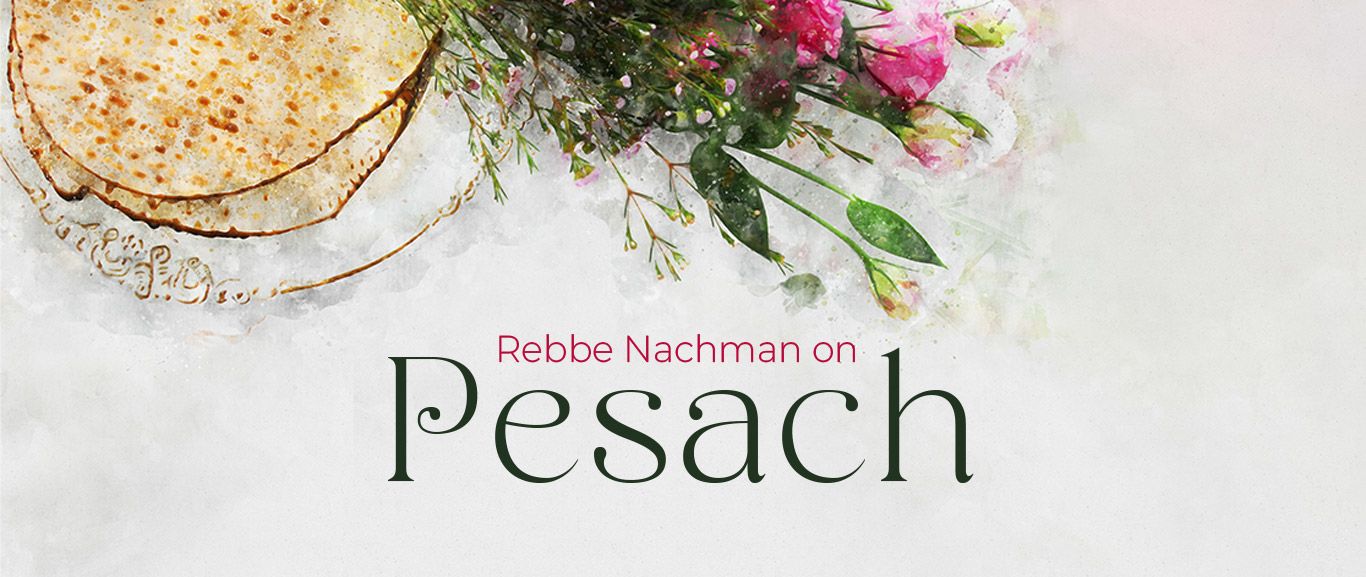
Rebbe Nachman on Pesach
What are Rebbe Nachman's views on stringencies during Passover, the spirit of Nissan, and tikkun habrit by reading the Haggadah out loud?

Sichot Haran 235
He spoke about this at length. One of his followers once asked the Rebbe exactly how to act with regard to an ultra-stringent observance. The Rebbe made a joke of it.
The Rebbe cautions us not to be overly stringent in any observance. The Rebbe quotes the Talmudic maxim, “God does not rule over His creatures with tyranny” (Avodah Zarah 3a) and “The Torah was not given to ministering angels” (Brachot 25b).
The Rebbe also said, “It is written that every man should choose one observance and keep it very strictly with all its fine points (Emunot v’deyos 5:4, sefer Chassidim 529, Rambam on Makot 3:16). The Talmud alludes to this where Rabbi Joseph asks Rabbah’s son, ‘With what observance was your father most careful?'(Shabbos 118b).
“Even with this observance, you should not be abnormally strict to the point of foolishness. Certainly do not let it make you depressed. Simply keep all its finer points without fanaticism.
“Keep one commandment strictly, but others need not be observed with any unnecessary stringency at all. It would be enough if we were worthy of keeping all of the Torah’s commandments according to the law, without going beyond it.”
The Rebbe was also very much against all the special stringencies that are observed on Pesach. Many people went so far in observing many fine points of custom that they were literally depressed by the holiday. He spoke about this at length. One of his followers once asked the Rebbe exactly how to act with regard to an ultra-stringent observance. The Rebbe made a joke of it.
The Rebbe spoke about this quite often. He said that these ultra-strict practices are nothing more than confused foolishness. He told us that he had also been caught up in this and would waste much time thinking up all sorts of unnecessary restrictions. Once he worried about the drinking water used during Pesach. He was afraid that a small amount of leaven might have fallen into the well from which they drew water. The only alternative would be to prepare water in advance for the entire Pesach week, as some people do. But this was also not good enough, for the water had to be carefully safeguarded from leaven from the day before Pesach, and this was very difficult.
The Rebbe finally came to the conclusion that the only satisfactory water would be that drawn from a flowing spring just as it emerges from the ground. He could then obtain perfectly fresh water without any possibility of its being contaminated. The problem was that the only such spring in the area was very far from his home. He thought about traveling to a place near a spring and spending Pesach there.
This is an example of how deeply the Rebbe had become involved in such unnecessary strictness. But now he ridiculed this and taught that such ultra-strictness is unnecessary, even on Pesach.
When the Rebbe spoke about this, he continued, ‘True devotion consists mainly of simplicity and sincerity. Pray much, study much Torah, do many good deeds, do not worry yourself with unnecessary restrictions. Just follow the way of our forefathers. ‘The Torah was not given to the ministering angels.'”
* * *
Nissan embodies the concept of tikun habrit, guarding the Holy Covenant. When you are joyous, you can draw the spirit of Nissan, its joy and holiness, into the entire year. Thus you can make amends for abuse of the Covenant (Likutey Moharan II, 5:10).
* * *
The Haggadah that we recite on Pesach is a tikkun for the covenant. The reason why it is recited aloud is because the voice arouses Da’at, knowledge of God. By reciting the Haggadah aloud, we can experience a revelation of true Da’at. Da’at is itself the essence of redemption, because the exile in Egypt came about through the abuse of the Holy Covenant, which brought about the distortion of Da’at. The wine of the four cups that we drink in the first nights of Pesach is also a tikkun for Da’at and for the Holy Covenant (Likutey Moharan I, 20:10).
* * *
When you pray on Pesach, you should cry out loud.


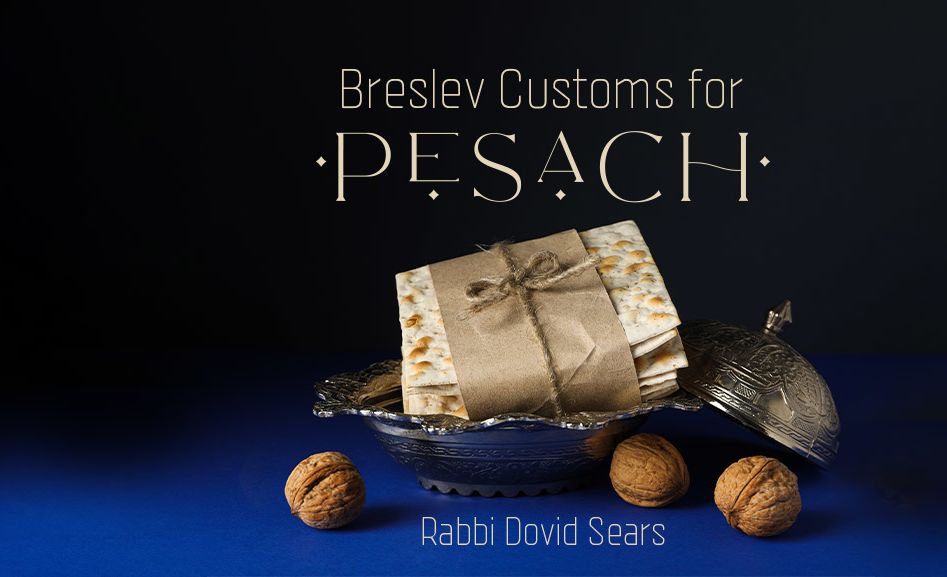
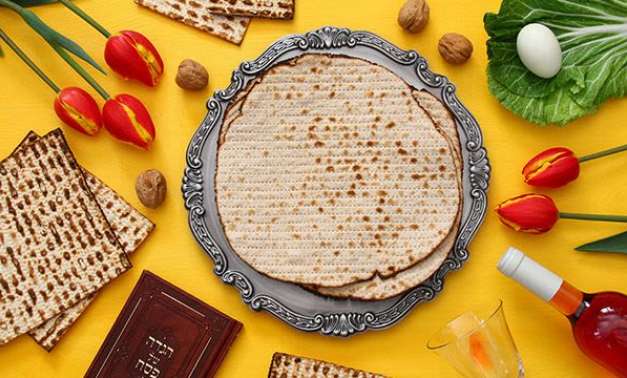
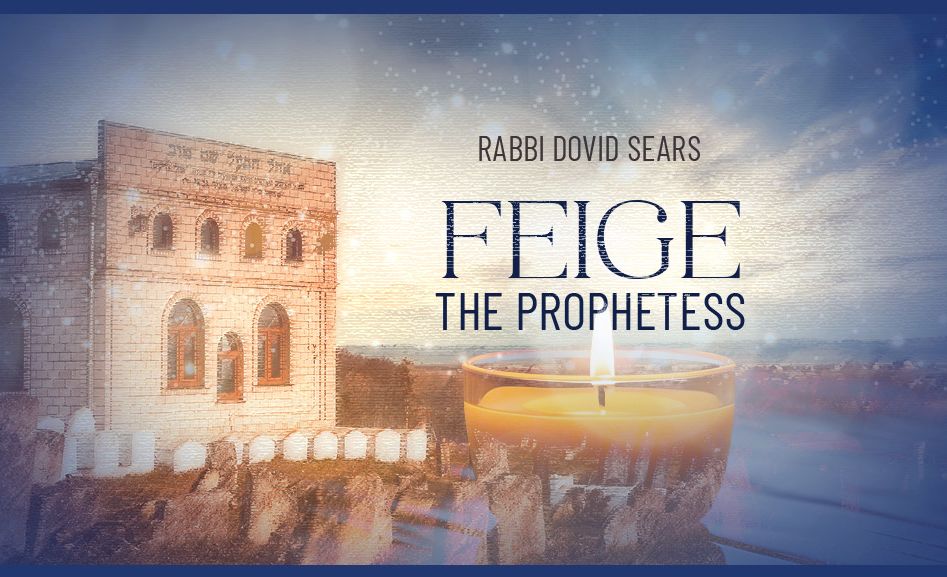

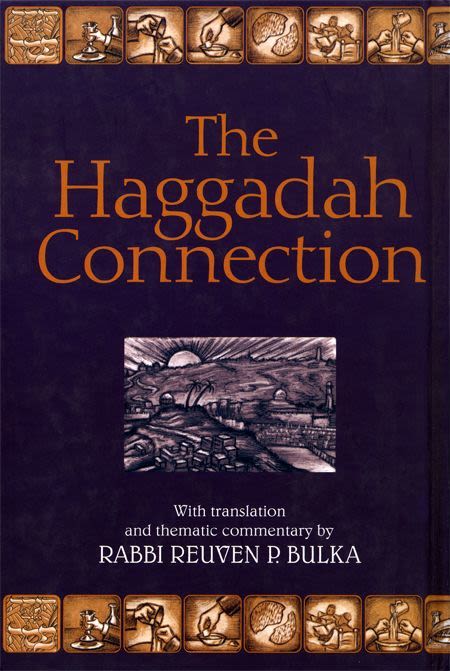
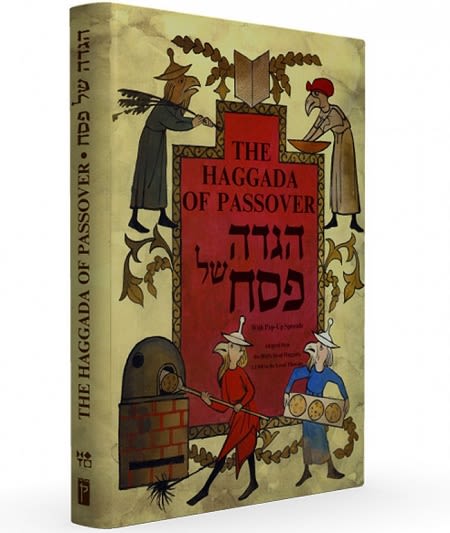
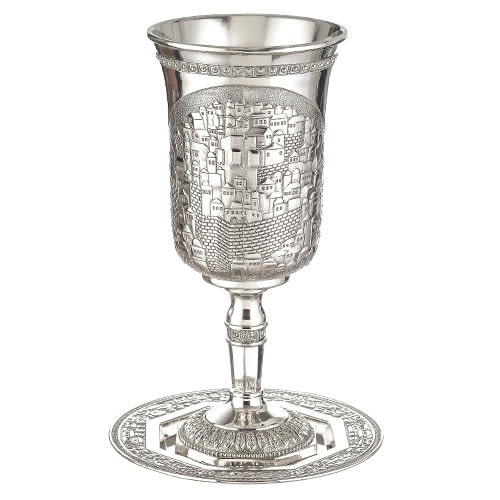
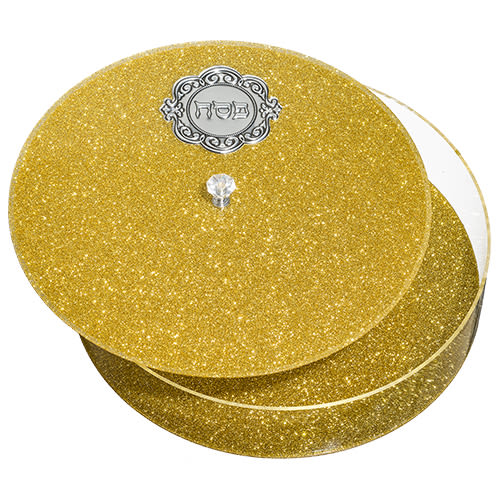
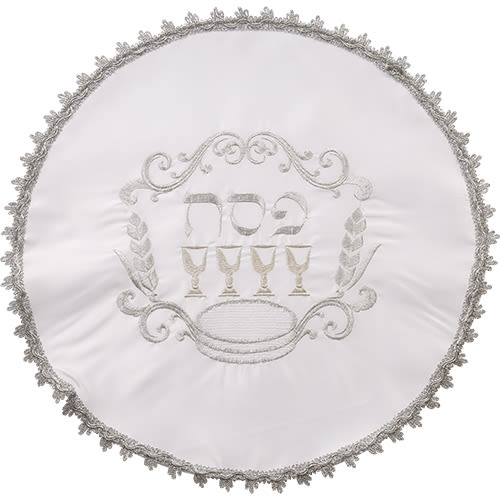
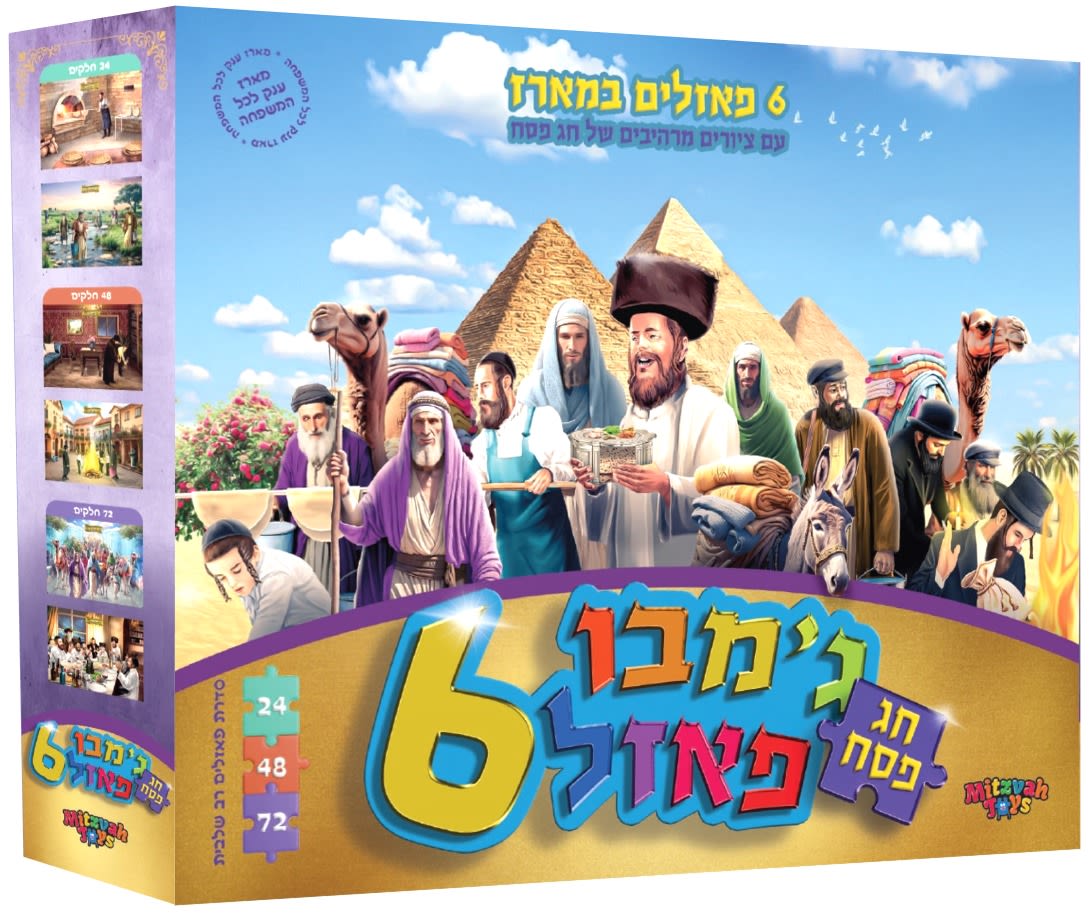
Tell us what you think!
Thank you for your comment!
It will be published after approval by the Editor.